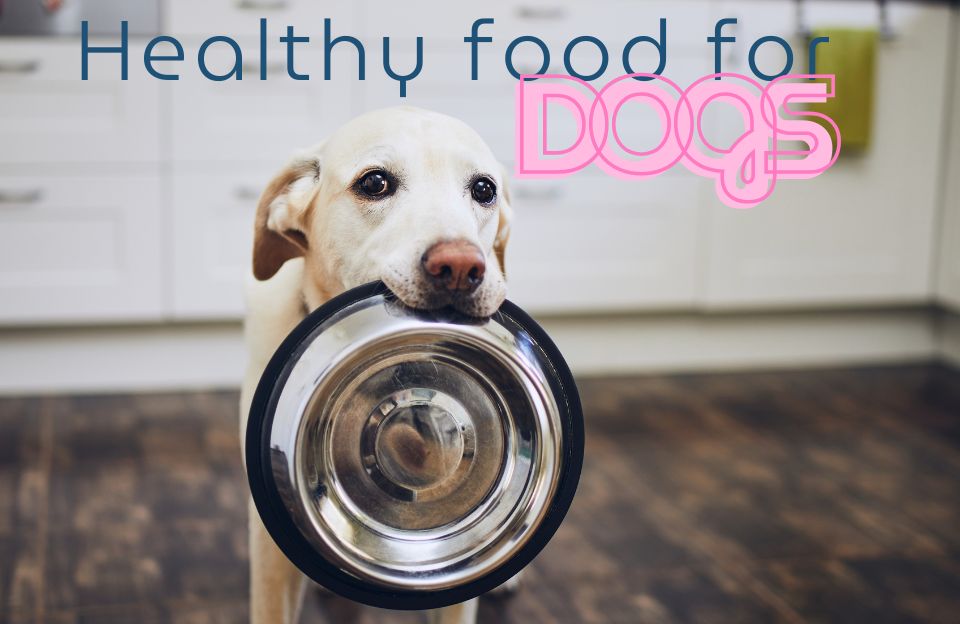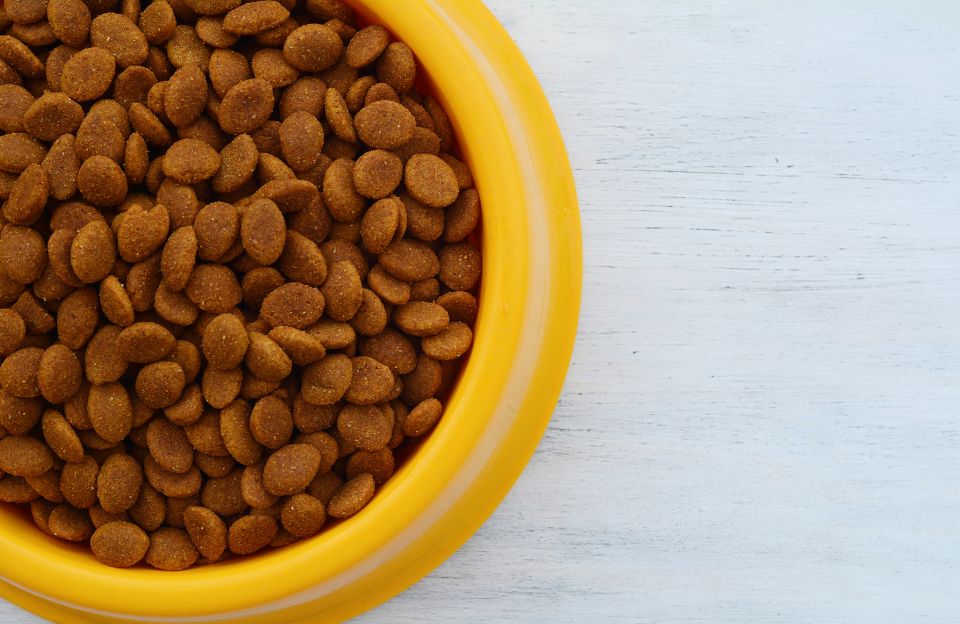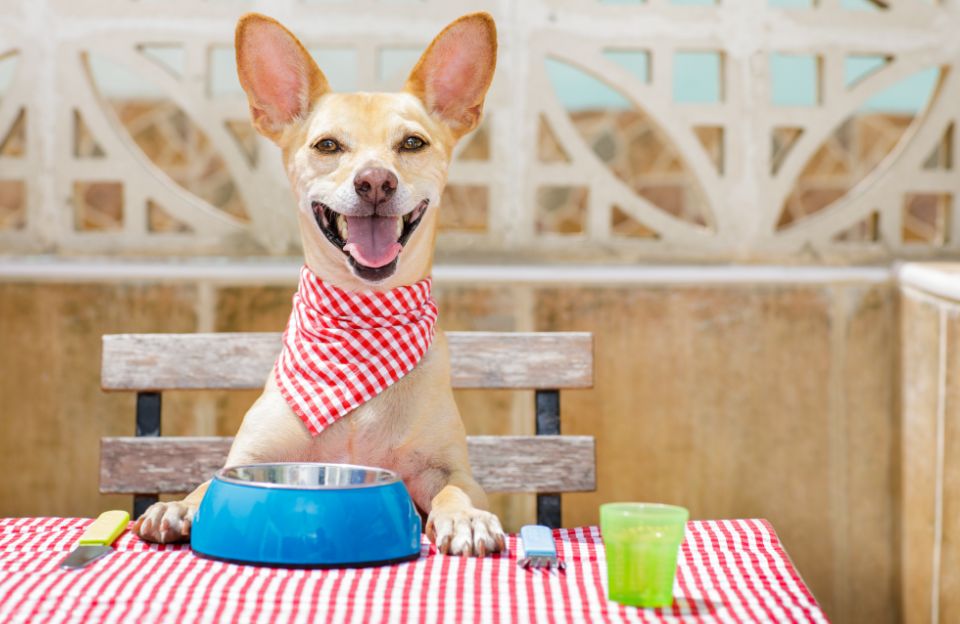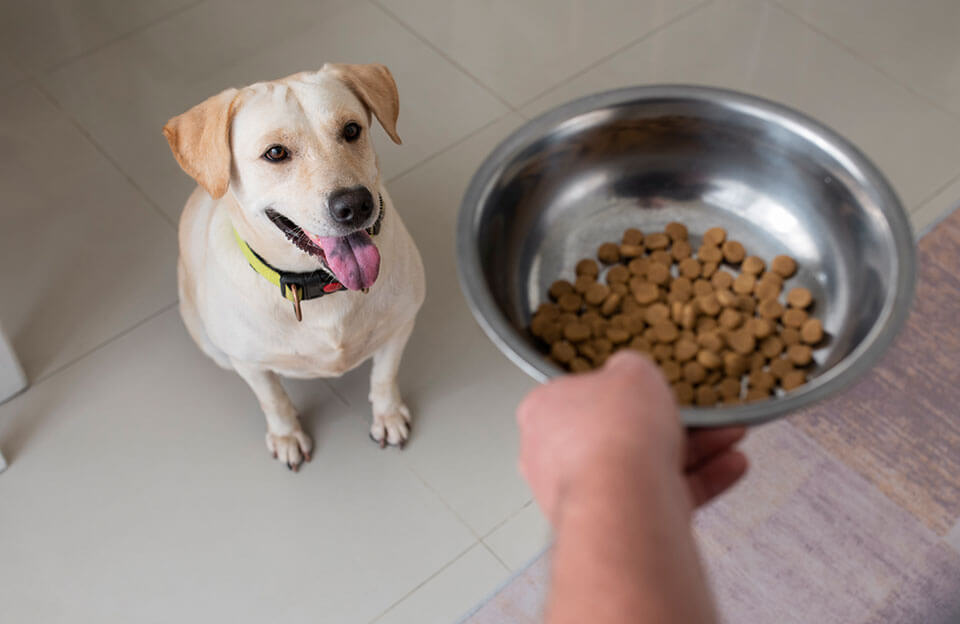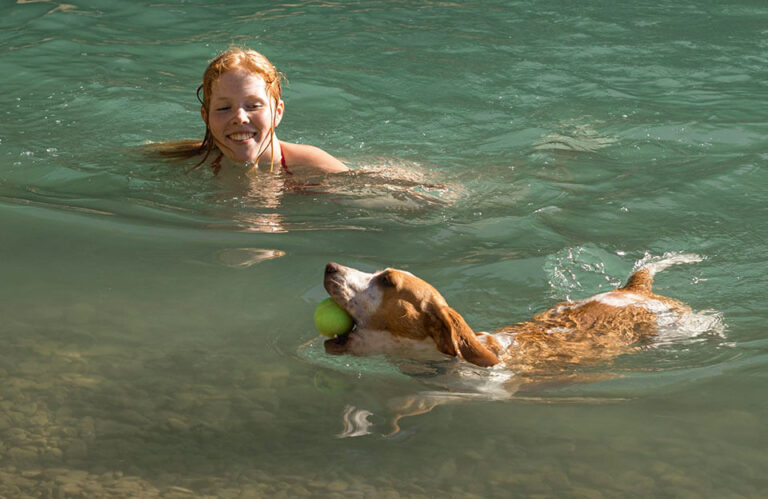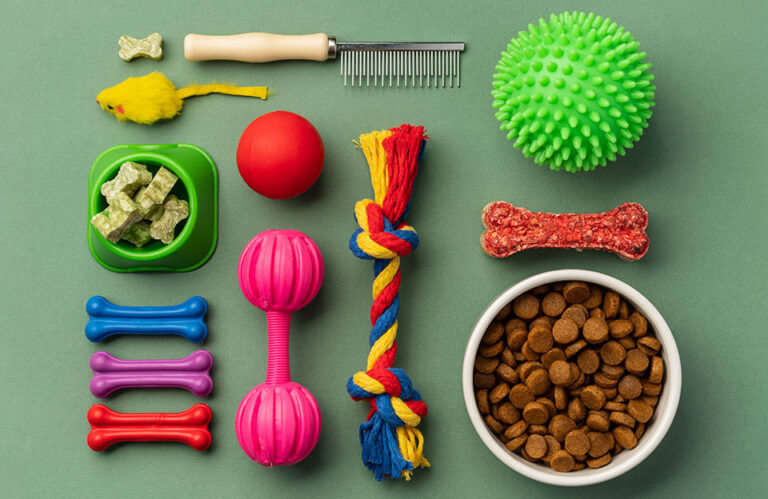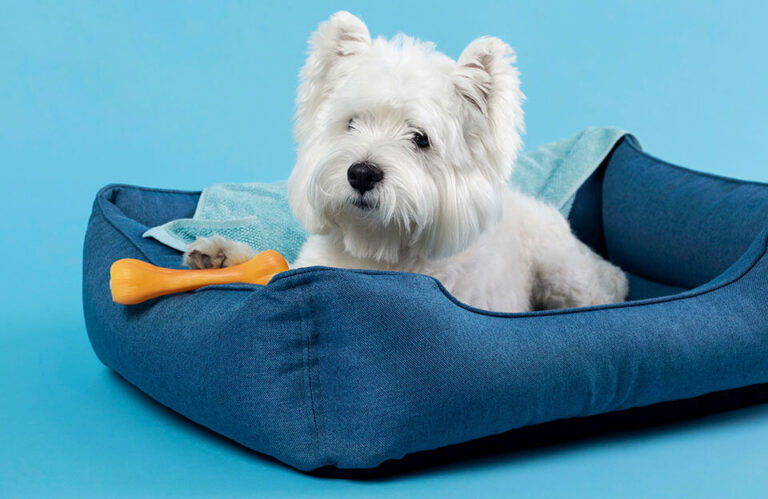Preparing homemade food for your dog can be a rewarding way to provide nutritious and wholesome meals tailored to their specific needs. Here are some tips on how to prepare healthy homemade meals for your canine companion:
Table of Contents
1. Consult with a Veterinarian
Before starting a homemade diet for your dog, consult with a veterinarian or a veterinary nutritionist. They can provide guidance on your dog’s specific nutritional requirements, portion sizes, and any dietary restrictions or health concerns.
2. Choose Quality Ingredients
Select high-quality ingredients that are safe and nutritious for dogs. Include lean proteins like chicken, turkey, beef, or fish; healthy carbohydrates such as brown rice, sweet potatoes, or quinoa; and vegetables like carrots, peas, and spinach.
3. Maintain Balance and Variety
Aim for a balanced diet that includes a variety of proteins, carbohydrates, and vegetables. This ensures your dog receives essential nutrients such as proteins for muscle maintenance, carbohydrates for energy, and vitamins and minerals for overall health.
4. Avoid Harmful Foods
Avoid ingredients that are toxic to dogs, such as onions, garlic, grapes, raisins, chocolate, and certain nuts. Also, steer clear of excessive salt, spices, and artificial additives that can be harmful to your dog’s health.
5. Cook Thoroughly and Serve Safely
Cook all ingredients thoroughly to ensure they are safe for consumption. Avoid using seasonings, oils, or additives that may upset your dog’s stomach. Allow food to cool before serving to prevent burns and always supervise feeding times.
6. Monitor Your Dog’s Response
Monitor your dog’s health and behavior after introducing homemade meals. Look for signs of allergies, digestive issues, or changes in energy levels. Adjust the diet as needed based on your dog’s response and veterinary advice.
7. Plan Ahead and Store Properly
Prepare meals in batches and store them properly in airtight containers or freezer-safe bags. Thaw frozen meals in the refrigerator before serving. Label containers with the date and feeding instructions for easy management.
Conclusion
Homemade food allows you to control the quality and ingredients in your dog’s diet, providing them with nutritious and wholesome meals. By following these tips and consulting with your veterinarian, you can ensure your dog receives a balanced and healthy diet that supports their overall well-being.

